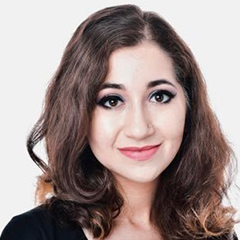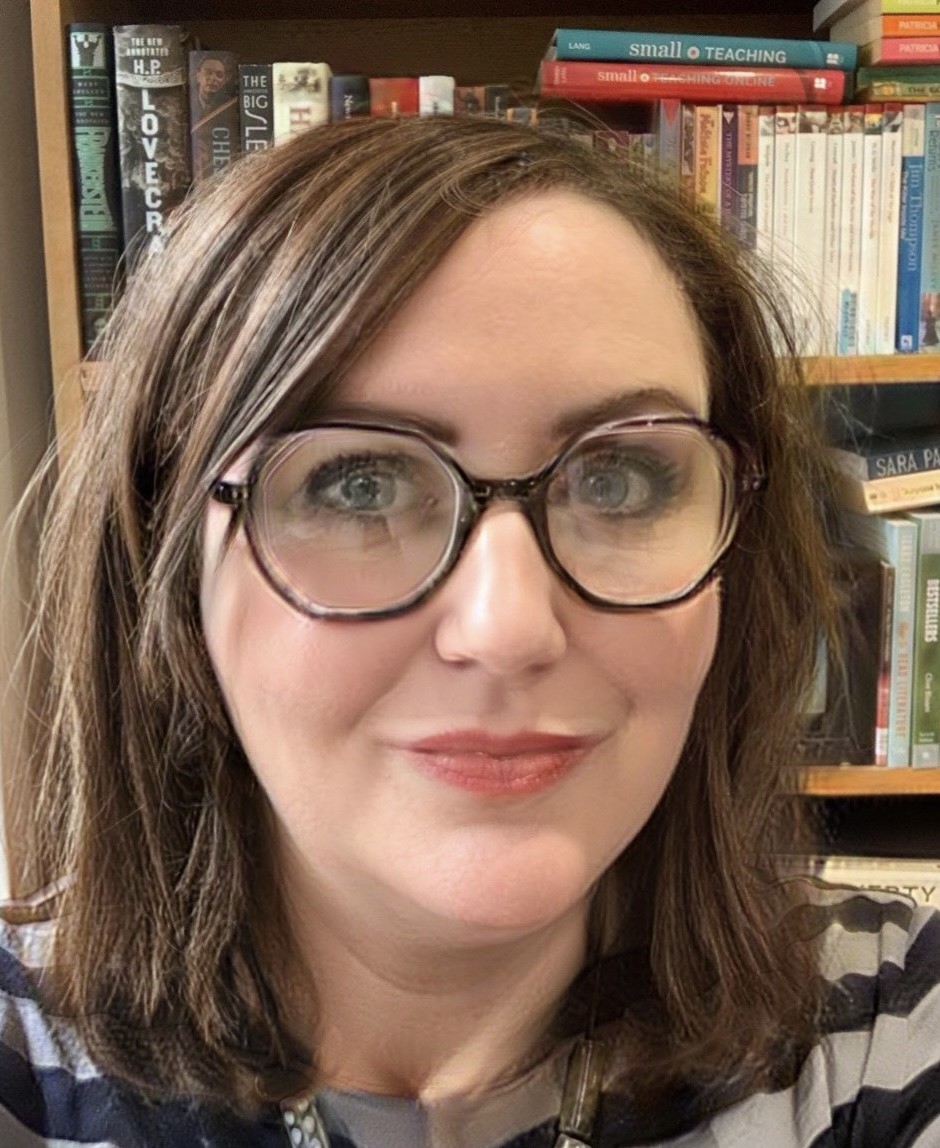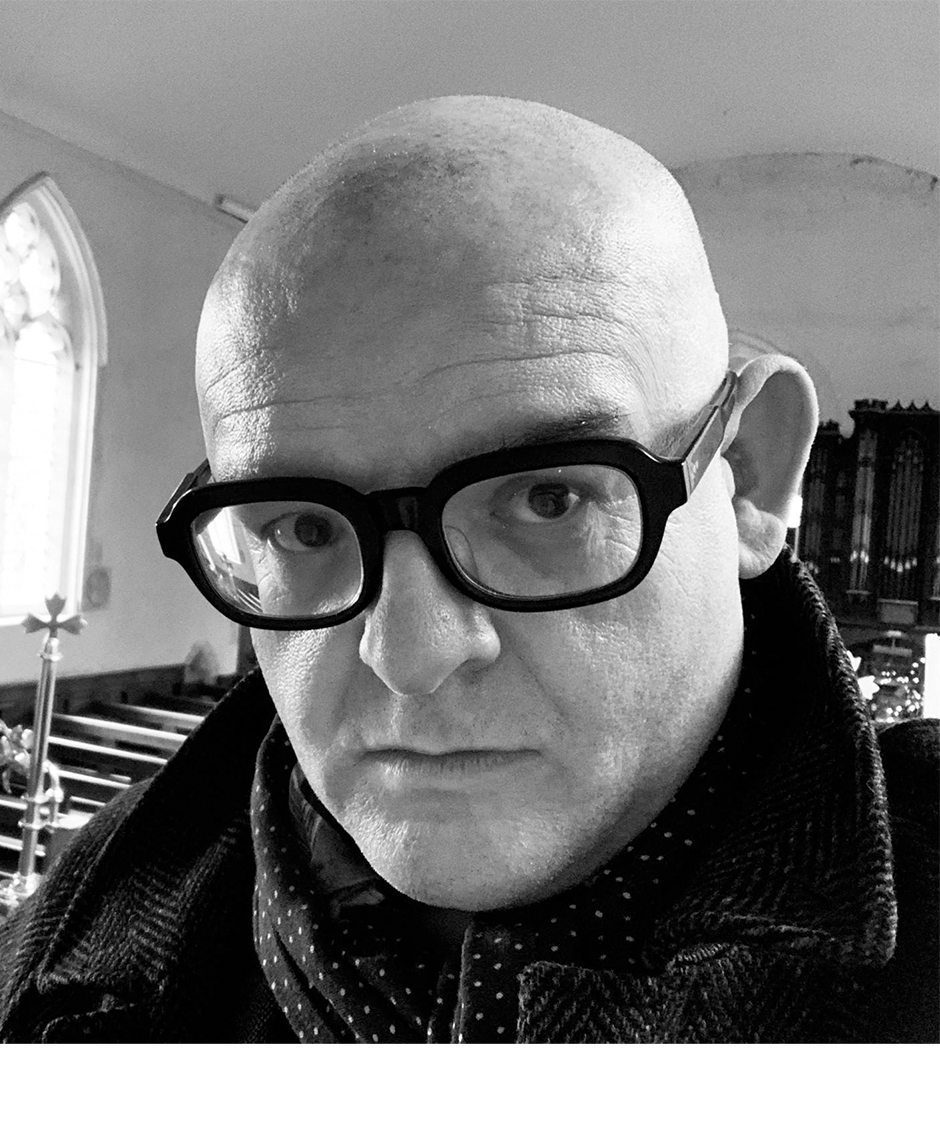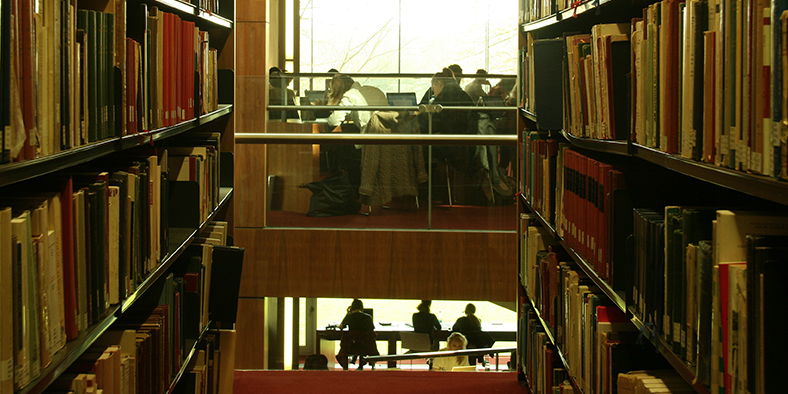M.Phil. in Modern and Contemporary Literary Studies
1 Year Full-Time or 2 Year Part-Time
Modern and contemporary literary culture is excitingly diverse and complex. This taught master’s programme grows out of and embraces this rich multiplicity. Core modules give a thorough grounding in over two hundred years of anglophone literary and critical history. An array of option modules enable you to forge your own path of study. Completing a dissertation allows you to develop you own research interests, under expert supervision and drawing on our amazing library collections.
Trinity boasts an extraordinary modern literary lineage, from Oscar Wilde and Bram Stoker to more recent graduates such as Tana French and Sally Rooney. The college has also long led the way in the teaching of modern and contemporary literature. It has internationally recognized strengths in national and international Anglophone literatures, in ‘canonical’ and ‘popular’ literary forms, and in material literary culture and book history. The college benefits too from being situated at the heart of Dublin, a UNESCO City of Literature full of writers past and present, and containing a wealth of theatres, literary events and festivals, magazines and publishers.
What is particularly advantageous about this M.Phil. is the way in which I was both exposed to a wide variety of relevant literature and given the guidance to do specific research within my own academic niche. I feel like I have a much more thorough understanding of both my own scholarship and the larger context within which my research lies.

At Trinity, embark on an exciting and expansive journey though modern and contemporary literature.

If you have a serious curiosity about modern and contemporary literature – whether you’re interested in the Victorian novel, Modernist poetry, contemporary fiction, the history of the book and publishing, national or international literature, or popular literature and culture – this is the Master’s degree for you.
Course Structure
The course offers three core modules. Across two semesters, ‘Perspectives in Modern and Contemporary Literature’ covers a wide range of texts and genres from 1800 to the present, from poetry and fictional prose to life-writing and the graphic novel. It also covers key contextual, conceptual, and critical perspectives on modern and contemporary literature, centred around issues such as identity, race, gender, sexuality, popularity, and adaptation. The one-semester ‘Mapping the Literary Field’ module examines how the production, mediation and reception of texts has constituted the literary field. Topics include: the impact of new technologies on literature, from print to the rise of digital media; question of periodisation; the history of literary studies and its relationship to other disciplines; and the impact of re-examinations of gender roles, sexual identity and imperialism on the formation of the literary canon. Further foundational grounding in issues of importance to studying and researching English literature at postgraduate level is provided through the ‘Research Skills for Postgraduate English’ module.
Students also take two specialist option modules, reflecting our commitment to cutting-edge research-led teaching. Options may include: ‘Modern and Contemporary American Novels’; ‘Shedunnit: Women’s Crime Writing’; ‘Opening the Book – Writing and Visual Art in a Postcolonial Context’; ‘Contemporary Literary Non-Fiction’. A range of options from other M.Phil. programmes (including in Children’s Literature, Irish Writing, Film Studies, and Gender Studies) will also be available to you. In the final phase of the course, you will complete a dissertation, allowing you to pursue in-depth research on a subject of your choice under the supervision of an appropriate member of the faculty.
Teaching and Assessment
Teaching for the course is primarily delivered through small-group seminar teaching. Current staff teaching on the programme include the directors of the programme, Dr Clare Clarke and Professor Darryl Jones, as well as Professor Stephen Matterson, Dr Philip Coleman, Dr Bernice Murphy, Dr Jarlath Killeen and Dr Melanie Otto – all of whom are recognised internationally for their publications and expertise in modern and contemporary literature. Modules are assessed by essay or other written coursework. The final phase of the course sees student’s undertake independent research and write a 15,000-16,000 word dissertation. Students taking the course part-time complete the three core modules in their first year of study. In their second year, they complete two option modules and their dissertation.
Admissions Information
Students of many different nationalities and from diverse backgrounds have successfully completed have successfully completed M.Phil. programmes in the School of English. Applicants should have an Honours Bachelor degree (at least of upper-second class standard or GPA of 3.3) or equivalent qualification in a relevant subject (such as English, History, Art History, Modern Languages).
Applications for admission in 2024/25 opens on the 1 November 2023. Candidates are encouraged to submit applications as soon as possible, as applications are reviewed on a rolling basis as they arrive. The closing date for admission is 31 March 2024. The 2024/25 academic year will start in September 2024.
Whether you're moving to Dublin from Ireland or abroad, the biggest problem you're likely to face is just getting set-up in the city. Below, you'll find web links providing advice on getting accommodation, placing deposits, household utilities, looking after your finances, and general tenancy agreements.
https://www.tcd.ie/students/living-dublin/
https://www.tudublin.ie/for-students/student-life/cost-of-living-guide/
https://www.internationalstudents.ie/info-and-advice/practical-information/cost-of-living
Funding
The Peter Irons Taught Postgraduate Studentships
The studentships will contribute towards M.Phil. tuition fees (EU or Non-EU) for any School of English taught postgraduate programme. They are generously funded in memory of Peter Irons. Two studentships will be awarded for the academic year: one for an EU student, and one for a non-EU student. For further information, please open this PDF link.
European Excellence Awards
The €1,000 awards are open to applicants with EU fee-status who hold an offer letter for a Postgraduate Taught Masters programme in Trinity College Dublin. Further information can be found here.
Details of further funding opportunities can be found here.
Brontë Prize
This prize was founded in 1921 by a bequest from Miss A.G. Woolson of Portland, U.S.A. It is awarded triennially by the Board on the recommendation of a committee for the best essay on either (a) an English author of Irish descent, or (b) the seats of learning in Ireland prior to 900 A.D. or (b) the seats of learning in Ireland prior to 900 a.d. The committee consists of the Regius Professor of Greek and the Professors of Latin and English Literature. A candidate must be of Irish birth or have been domiciled in Ireland for at least ten years. The candidate must also be an undergraduate of the University or a graduate of not more than five years’ standing. The next award will be made in 2022 and essays must reach the Registrar before 1 October 2022. Value, €1,905.
Dublin Cost of Living
Whether you're moving to Dublin from Ireland or abroad, the biggest problem you're likely to face is just getting set-up in the city. Below, you'll find web links providing advice on getting accommodation, placing deposits, household utilities, looking after your finances, and general tenancy agreements.
https://www.tcd.ie/students/living-dublin/
https://www.tudublin.ie/for-students/student-life/cost-of-living-guide/
https://www.internationalstudents.ie/info-and-advice/practical-information/cost-of-living




